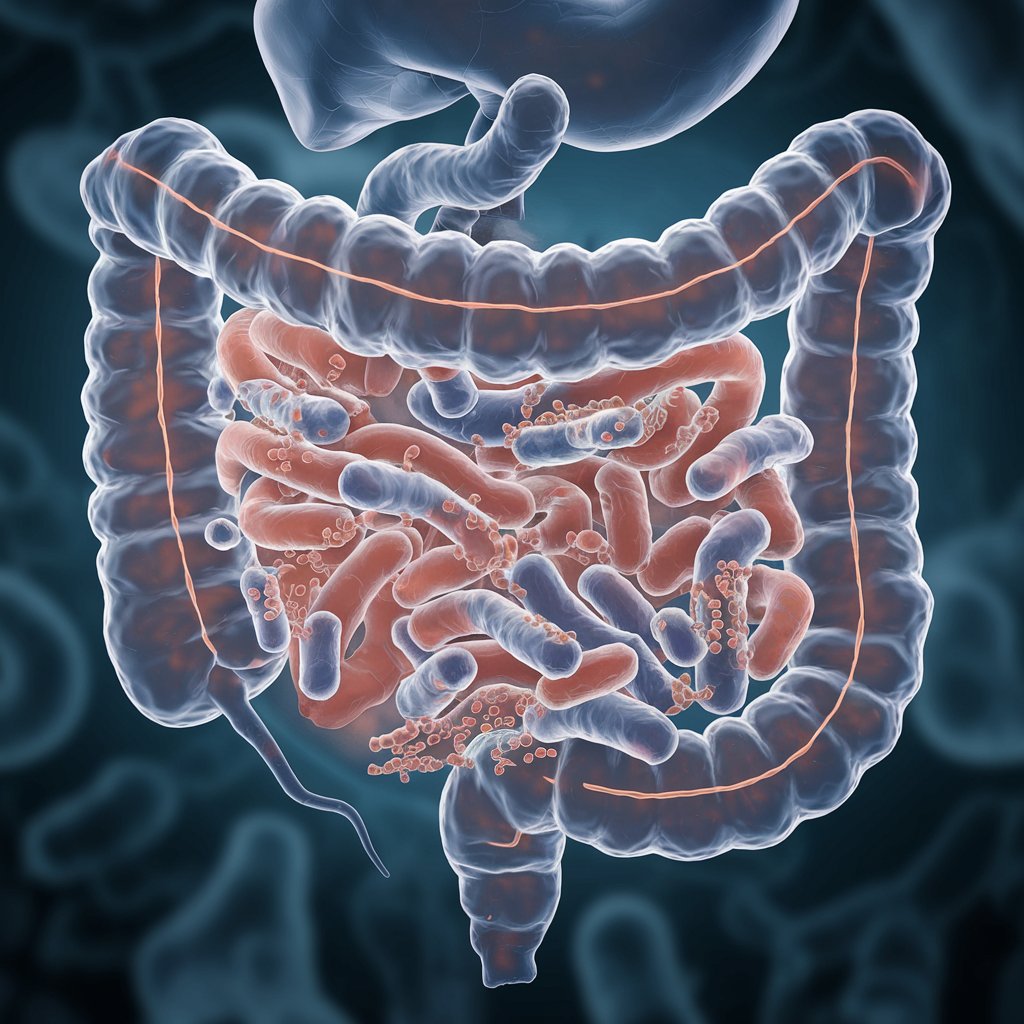Ginger (Zingiber officinale) is an herb whose rhizome, commonly called ginger root, has been celebrated for its culinary and medicinal uses for centuries. Native to Southeast Asia, this herb has a distinctive spicy flavour and aroma, making it a cornerstone in global cuisines and traditional medicine systems, such as Ayurveda, Unani, and Traditional Chinese Medicine (TCM). The following article explores the herb’s rich history, medicinal properties, and extensive health benefits, supported by scientific research.
The History and Traditional Uses of Ginger
It’s history as a medicinal plant spans over 5,000 years. Ancient Indian and Chinese cultures used herb to treat various ailments, including digestive issues, respiratory conditions, and joint pain. In ancient Greece and Rome, ginger was highly valued as a trade commodity and was often prescribed for stomach ailments. Medieval Europeans also incorporated this herb into their remedies, particularly for its warming properties.
Today, this herb remains a key ingredient in many traditional medicine practices and is often recommended for its natural healing properties. Its inclusion in home remedies and herbal supplements is a testament to its enduring value.
Phytochemical Profile of Ginger
Th herb owes its therapeutic potential to its rich phytochemical composition, which includes a variety of bioactive compounds. The major constituents include:
- Gingerols: These compounds are abundant in fresh herb and are responsible for its distinctive spicy flavor. Among them, Gingerol is the most studied for its anti-inflammatory, antioxidant, and anti-cancer properties.
- Shogaols: These are formed during the drying and cooking of ginger. Shogaols, particularly [6]-shogaol, are known for their stronger anti-inflammatory and anti-cancer effects compared to gingerols.
- Zingerone: This compound is produced when the herb is cooked. Zingerone has shown potential in reducing oxidative stress and inflammation.
- Paradols: These compounds exhibit similar antioxidant and anti-inflammatory properties as gingerols and shogaols.
Health Benefits of Ginger
1. Anti-Inflammatory Properties
Chronic inflammation is a common underlying factor in many diseases, including arthritis, cardiovascular diseases, and diabetes. Ginger’s bioactive compounds, such as gingerols and shogaols, inhibit pro-inflammatory cytokines and enzymes, thereby reducing inflammation.
A study published in Nutrition Journal highlighted ginger’s ability to alleviate symptoms of osteoarthritis, particularly in the knee. Patients experienced reduced pain and improved mobility after regular herbal supplementation.
2. Antioxidant Effects
Oxidative stress, caused by an imbalance between free radicals and antioxidants in the body, contributes to aging and the development of chronic diseases. Ginger’s antioxidants, such as gingerols and zingerone, neutralize free radicals, protecting cells from damage.
Studies also suggest that this herb enhances the activity of the body’s own antioxidant enzymes, including superoxide dismutase and glutathione peroxidase.
3. Digestive Health
Ginger is renowned for its ability to promote digestive health. Its effects include:
- Reducing Nausea and Vomiting: The herb is widely used to relieve nausea caused by motion sickness, pregnancy, and chemotherapy. A meta-analysis of 12 studies found that thus herb significantly reduced symptoms of nausea and vomiting during pregnancy without adverse effects.
- Improving Digestion: The herb stimulates the production of digestive enzymes, facilitating the breakdown of food. It also promotes gastrointestinal motility, which can alleviate bloating and indigestion.
- Protecting Against Gastric Ulcers: Research shows that this herb has gastroprotective properties, reducing the risk of ulcers by suppressing the growth of Helicobacter pylori, a bacterium associated with gastric ulcers.
4. Metabolic Health
Ginger contributes to better metabolic health through the following mechanisms:
- Blood Sugar Regulation: The herb enhances insulin sensitivity and improves glycemic control, making it beneficial for individuals with type 2 diabetes. In a randomized controlled trial, patients with diabetes who consumed 2 grams of herbal powder daily for 12 weeks showed a significant reduction in fasting blood sugar levels and HbA1c.
- Cholesterol Management: Studies have demonstrated that this herb lowers LDL (bad) cholesterol and triglycerides while increasing HDL (good) cholesterol. These effects contribute to improved cardiovascular health.
- Weight Management: The herb’s thermogenic properties increase calorie burning, while its appetite-suppressing effects help regulate food intake. A review of 60 clinical trials supported ginger’s role in weight management and fat reduction.
5. Immune System Support
Ginger’s antimicrobial and antiviral properties strengthen the immune system. It helps fight off respiratory infections and boosts the body’s defense against seasonal illnesses like the flu. Additionally, this herb’s anti-inflammatory effects play a role in modulating immune responses, reducing the severity of autoimmune conditions.
6. Pain and Inflammation Relief
Ginger is a natural alternative to NSAIDs for pain relief. Its anti-inflammatory properties are particularly effective for:
- Menstrual Pain (Dysmenorrhea): Clinical studies have shown that consuming 1 gram of the herb daily during the first three days of menstruation reduces pain as effectively as ibuprofen.
- Muscle Soreness: Regular consumption of this herb can alleviate exercise-induced muscle soreness by reducing inflammation.
7. Anti-Cancer Potential
Preliminary studies suggest that ginger may play a role in cancer prevention and treatment. Its bioactive compounds inhibit the proliferation of cancer cells and induce apoptosis (programmed cell death). The herb has shown promise in reducing the risk of gastrointestinal, ovarian, and breast cancers. While these findings are encouraging, further research is needed to confirm its efficacy.
8. Cardiovascular Health
Ginger supports heart health through its ability to:
- Lower blood pressure by relaxing blood vessels and improving circulation.
- Reduce LDL cholesterol and triglyceride levels.
- Prevent platelet aggregation, reducing the risk of blood clots.
These effects collectively lower the risk of heart attack and stroke.
9. Cognitive and Mental Health Benefits
Ginger’s neuroprotective properties may enhance cognitive function and protect against neurodegenerative diseases like Alzheimer’s and Parkinson’s. Animal studies have shown that this herb reduces oxidative stress and inflammation in the brain, which are key contributors to cognitive decline.
Additionally, ginger’s adaptogenic properties help reduce stress and anxiety, promoting overall mental well-being.
Culinary and Therapeutic Uses
Ginger’s versatility extends to its culinary and therapeutic applications. It can be consumed in various forms:
- Fresh herb: Ideal for teas, smoothies, and stir-fries.
- Dried herb Powder: Commonly used in baking and spice blends.
- Candied herb: A sweet treat with digestive benefits.
- Herbal Oil: Used in aromatherapy for stress relief.
- Herbal Supplements: Available in capsules or extracts for medicinal purposes.
Safety and Dosage Recommendations
Ginger is generally safe when consumed in moderate amounts. However, excessive intake may cause side effects such as heartburn, diarrhea, or stomach discomfort. The recommended dosages are:
- Fresh herb: 1 to 2 grams daily.
- Dried Herbal Powder: Up to 4 grams daily.
Pregnant women, individuals on blood-thinning medications, and those with gallstones should consult a healthcare professional before using ginger therapeutically.
Conclusion
Ginger is more than just a flavourful spice; it is a powerhouse of medicinal benefits. From reducing inflammation and oxidative stress to supporting metabolic and cardiovascular health, The herb’s therapeutic potential is vast. Its ability to combat nausea, relieve pain, and boost immunity further underscores its value in promoting overall well-being.
Whether incorporated into daily meals, consumed as tea, or taken as a supplement, this herb offers a natural and effective way to enhance health. As scientific research continues to uncover its full potential, ginger remains a timeless remedy rooted in tradition and modern medicine.



